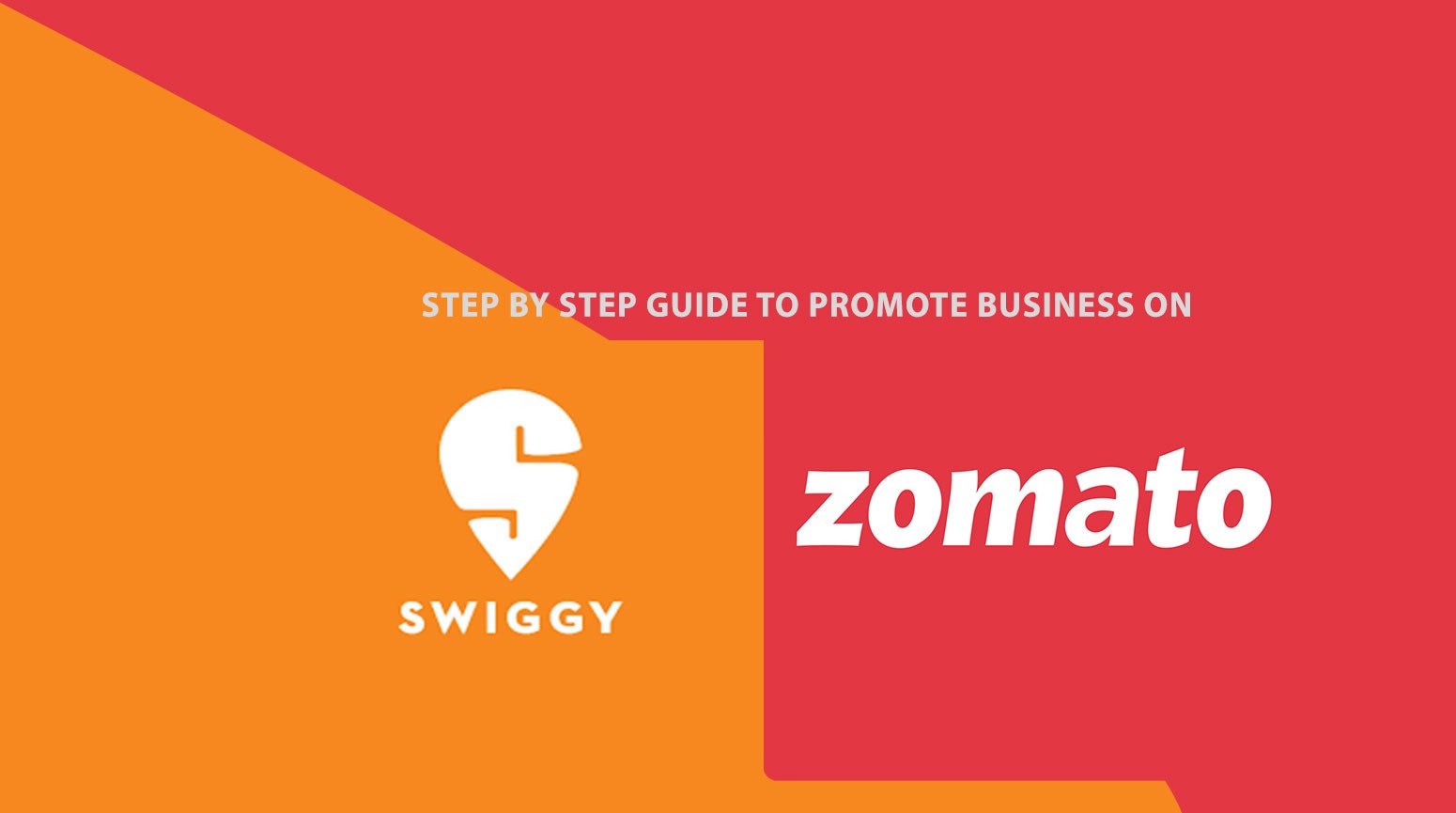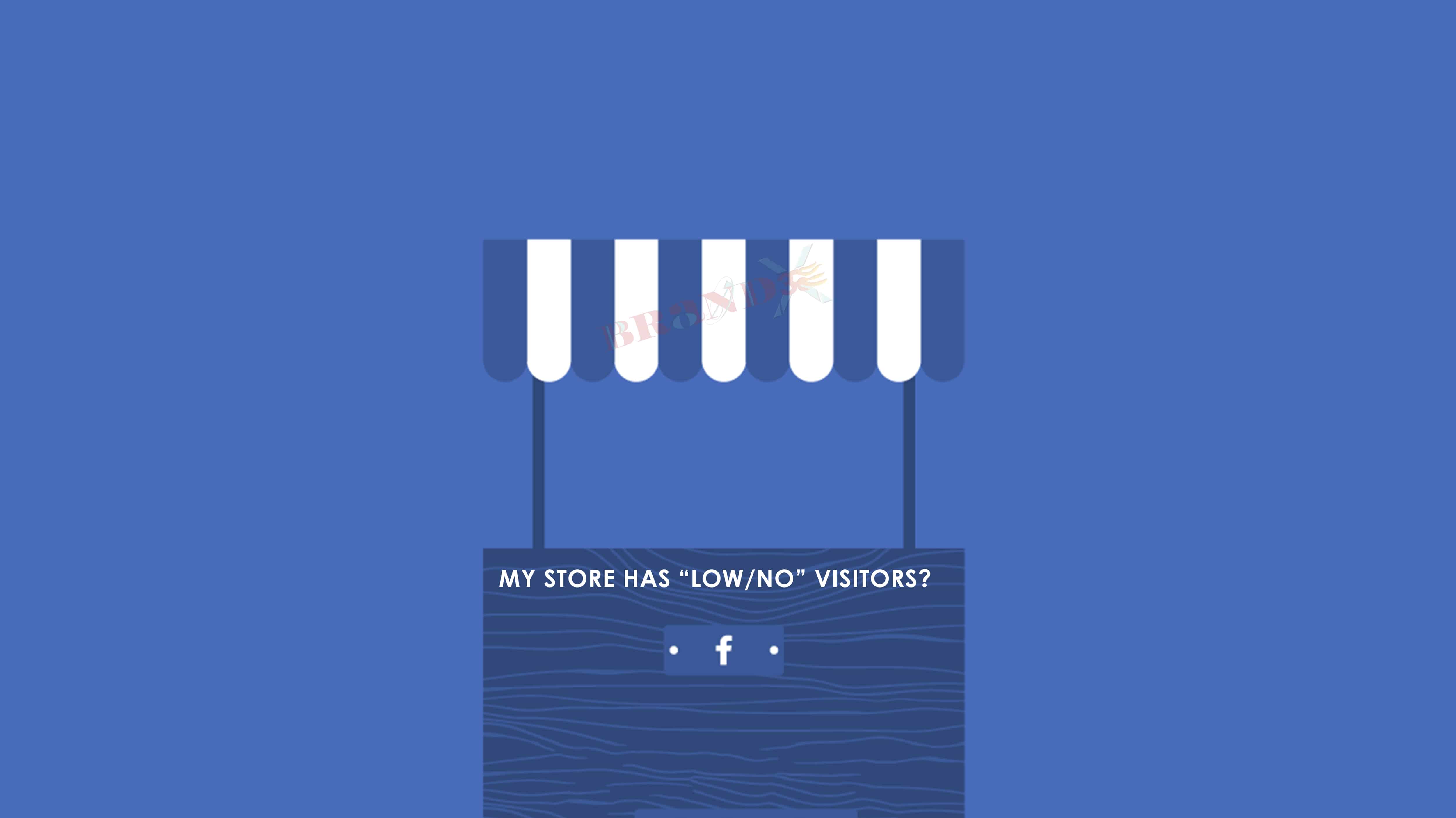Unveiling the Concerns: Why Digital Marketers Are Reluctant to Run Bing Ads?
Introduction:
In the realm of digital marketing, platforms like Google Ads often take center stage, leaving Bing Ads in the shadows. According to Research made by Team - Brand Promoter 3x! Digital marketers, driven by concerns and considerations, frequently exhibit hesitancy when it comes to running Bing Ads. This article explores the common reasons behind this reluctance and sheds light on the factors that contribute to digital marketers' apprehension.
1. Market Share and Audience Reach:
Google holds a dominant position in the search engine market, capturing a significant majority of search traffic. As a result, digital marketers may prioritize Google Ads due to its wider audience reach. The perception of a smaller user base on Bing can deter marketers from investing time and resources in running Bing Ads.
2. Ad Performance and Conversion Rates:
Digital marketers often rely on historical data and performance metrics to optimize their advertising campaigns. In some cases, Bing Ads may demonstrate lower conversion rates or less favorable performance compared to Google Ads. This perceived discrepancy can discourage marketers from allocating budget and efforts to Bing Ads.
3. Limited Advertising Features and Targeting Options:
Bing Ads may be perceived as having a narrower range of advertising features and targeting capabilities compared to Google Ads. This limitation can affect the level of customization and audience segmentation that marketers require for their campaigns. The perceived gap in functionality may dissuade them from exploring Bing Ads as a viable option.
4. Resource Allocation and Management:
Managing multiple advertising platforms can be resource-intensive, especially for small marketing teams with limited time and budgets. Focusing efforts on the most prominent platforms like Google Ads often takes precedence over allocating resources to explore and optimize campaigns on Bing Ads.
5. Perception of User Demographics and Intent:
Bing tends to have a different user demographic compared to Google, with a higher concentration of older users and users from certain regions. If a marketer's target audience aligns more closely with Google's demographic, they may prioritize Google Ads to align with their intended user base.
Conclusion:
While Bing Ads offers an alternative advertising avenue, digital marketers often exhibit reluctance due to concerns surrounding market share, perceived performance discrepancies, limited features, resource allocation, and user demographics. However, it's important to evaluate the individual needs and goals of a marketing campaign. Bing Ads can still present opportunities for reaching specific demographics, leveraging unique features, and diversifying advertising strategies. Marketers should carefully consider their target audience, campaign objectives, and weigh the pros and cons of utilizing Bing Ads to make informed decisions and maximize their digital marketing efforts.
If you’re in search of Bing Ads Experts for your business? We would really happy to help you. To know more about us, feel free to Visit our services portal over the website.
It hardly takes your few minutes to check out our,other Related Blogs!
Save Our Website “Brand Promoter 3x” in your bookmarks ☆, if you really like the way our team explores.
Enjoy Time Journey! See You in NEXT blog…



